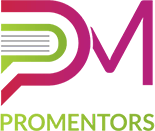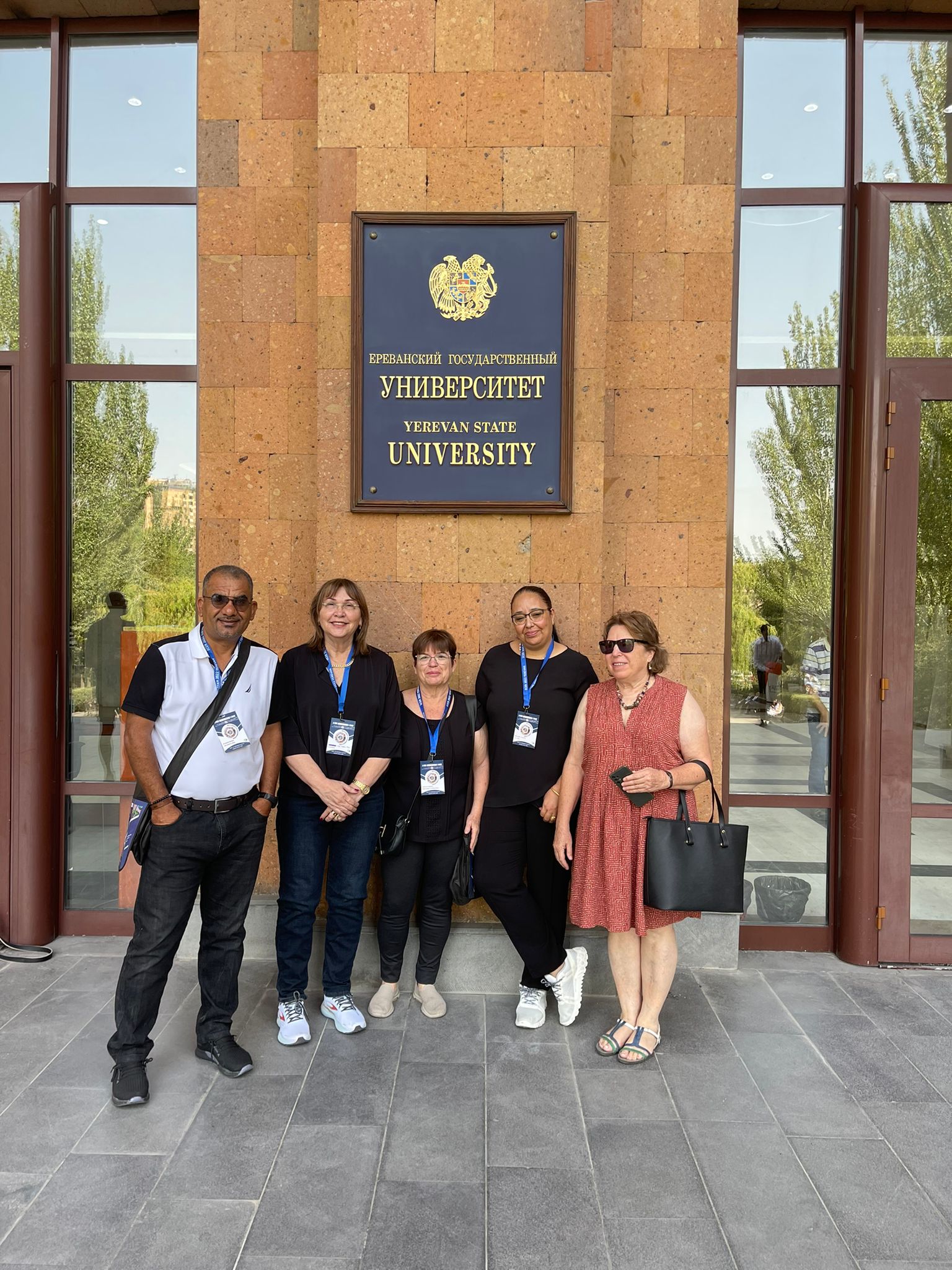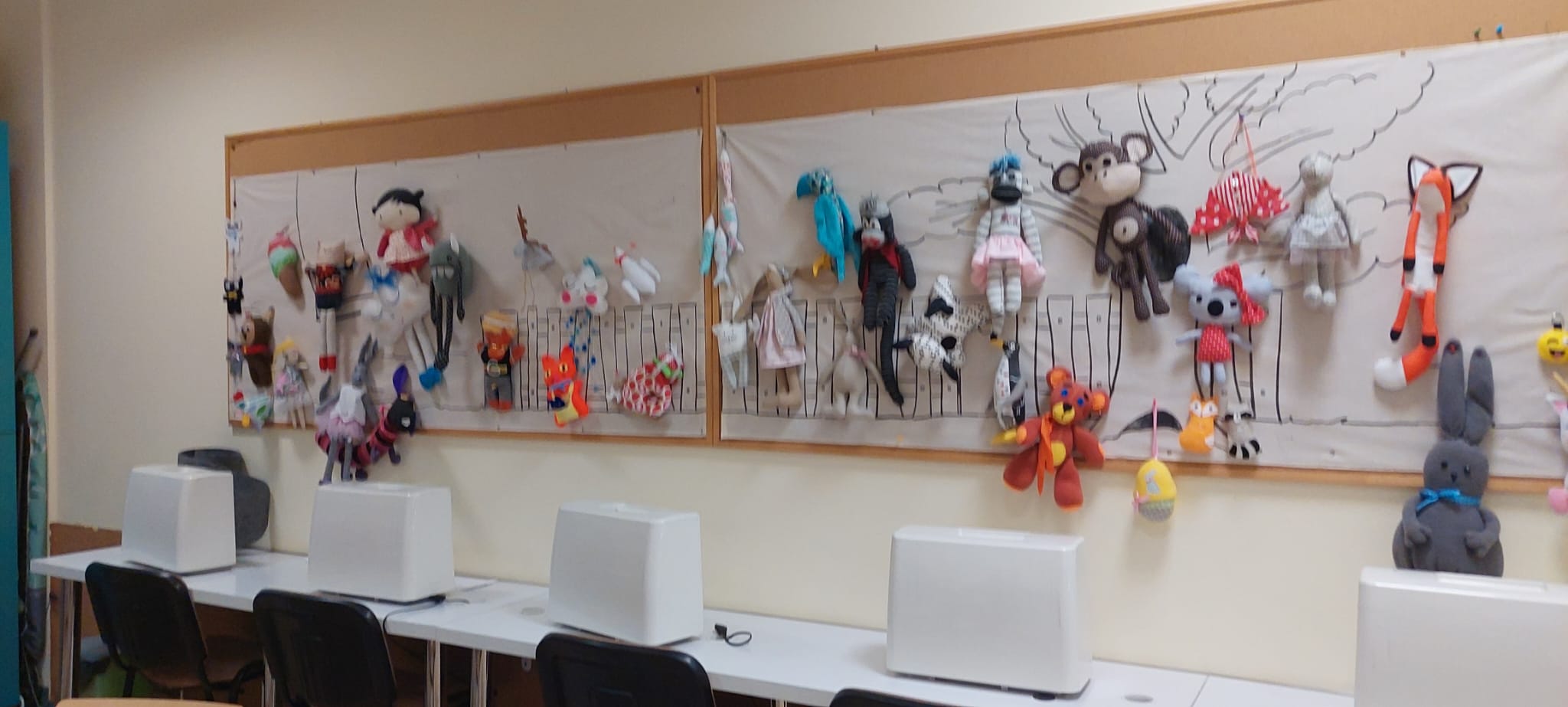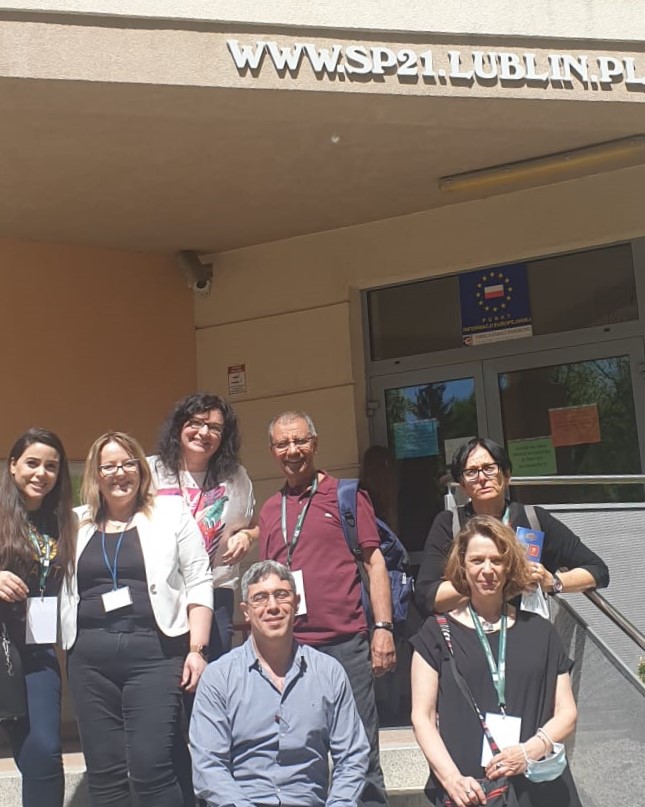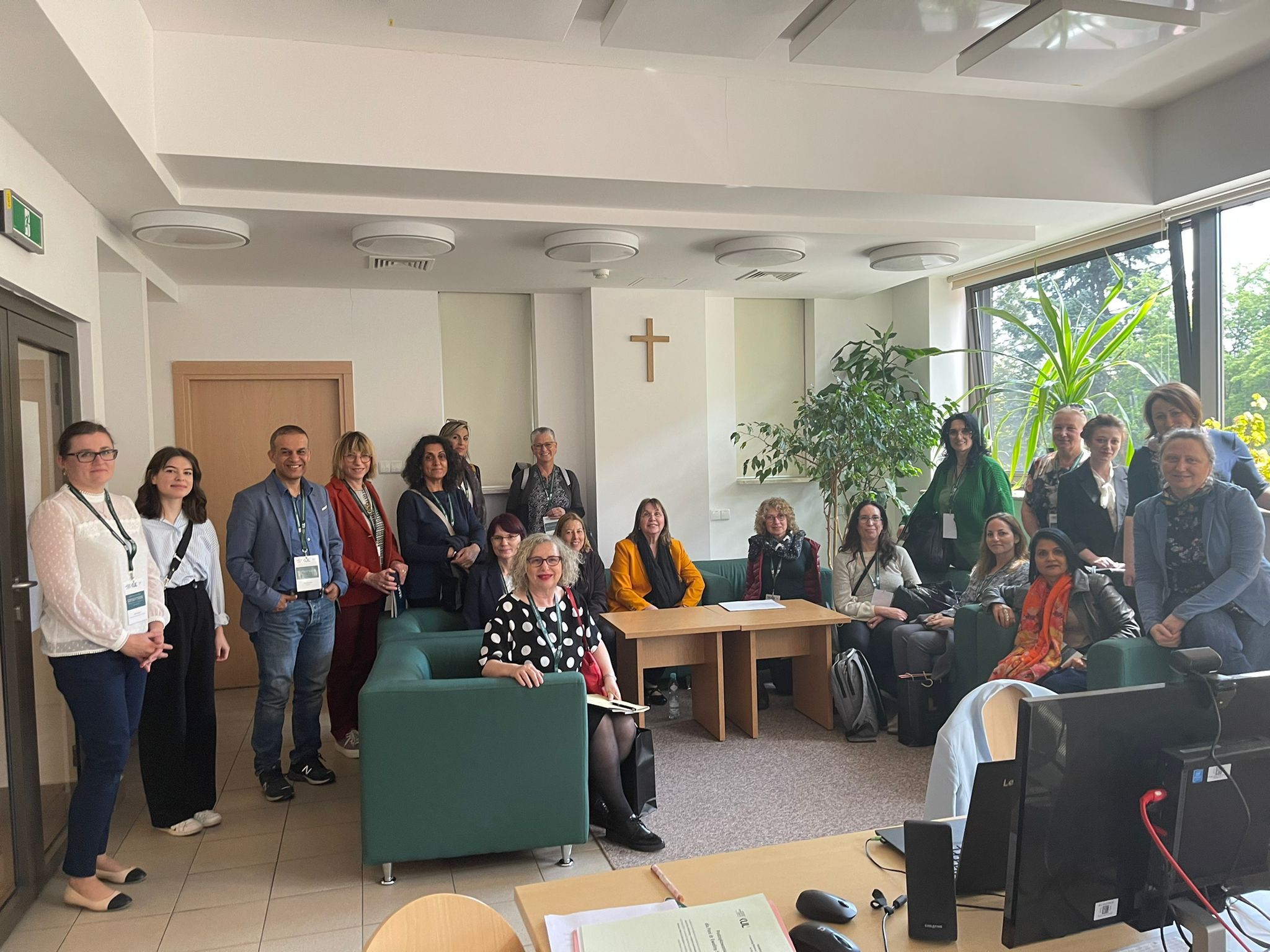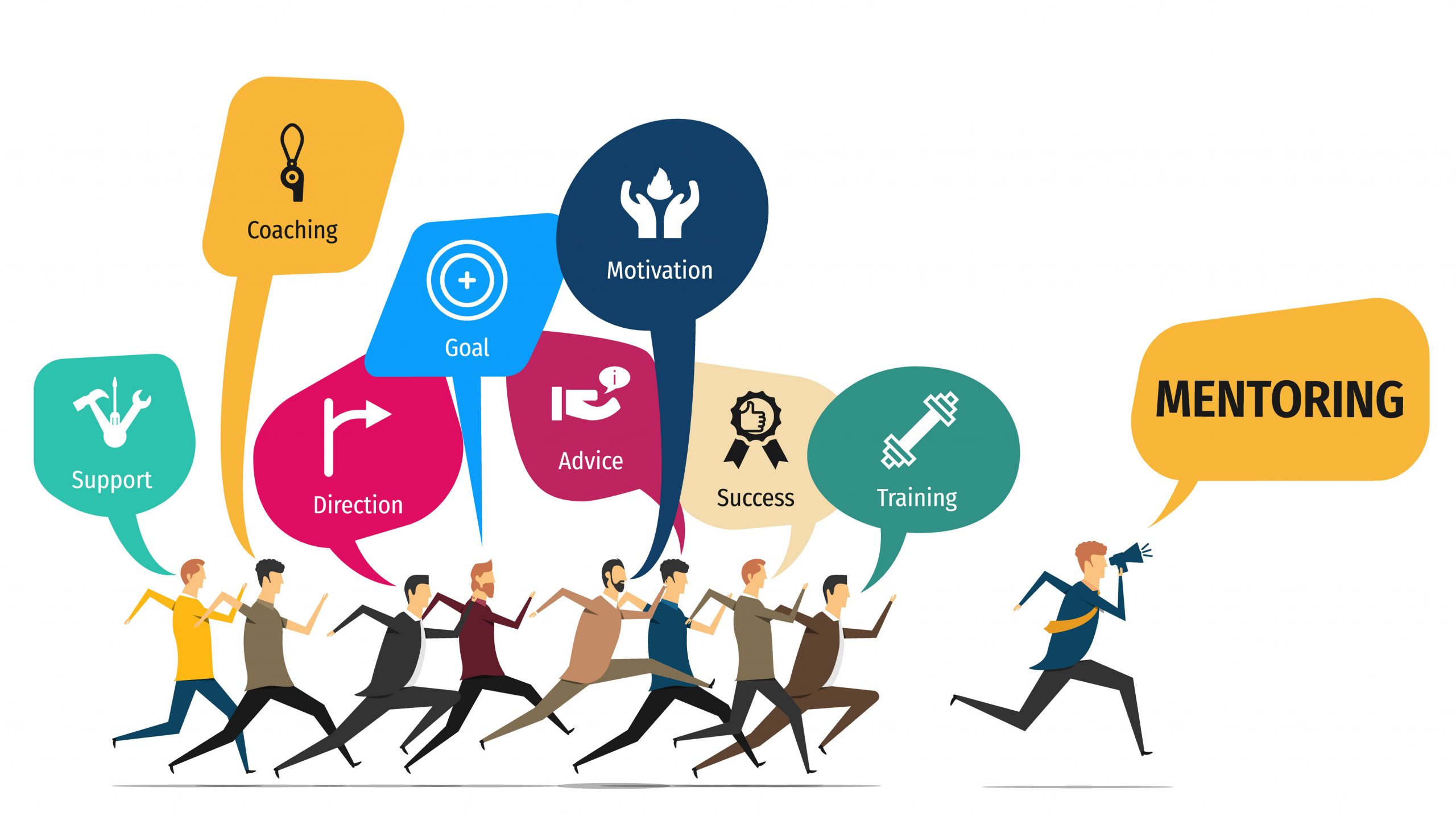Written by Anna Szudra-Barszcz, PhD; The John Paul II Catholic University of Lublin
Edited by Tslil Farchi & reviewed by Marsha Hachmon
The fall semester is coming to an end. Students take their final exams. Academic staff make their first summaries of this year’s teaching work. My summary of this semester began with two events. One of them took place during a recent class for special education students. This course included making a diagnosis of an institution, that supports the development of adults with autism. Due to limitations caused by the pandemic, the task could only be partially completed – the students only interviewed personnel from the selected institutions.
In the course of presenting the results of the interviews, a major problem was reported. Namely, the staff’s answers were very laconic and sometimes even contradictory. As such, they did not provide an overview of the situation. In discussing possible reasons for this, one student said: “Teachers just don’t want to. They have finished their studies, and found jobs now. They don’t care anymore, and don’t want to share with us.” Moreover, several other students unfortunately shared this sad opinion. These comments formed basis for a discussion in which the community mentoring model was invoked and used. The discussion, however, put a question mark over its meaning for a moment.
What is the essence of the community (personalistic) model of teacher mentoring?
Let us begin by recalling a shared experience. Each of us is repeatedly affected by the contradiction arising from the constitutive features of the person: separation and attachment. On the one hand, we care about our lives and we look after our affairs and goals. We want to be independent and decide for ourselves. This tendency is particularly noticeable in young children. They want to do everything by themselves, and often reject even the most necessary help from their parents. In our desire to be independent, we affirm our own separateness. On the other, we have a constant need to stray from individual interests, and enter into communities. We are individuals, but we are not existentially self-sufficient. We need to be in relationships with other people, to communicate with them in order to develop, explore and love. So as Robert Spaemann noted: “Persons exist only in the plural”.
The experience of attachment is central to a human being’s personalistic vision. It can therefore be said, that it indicates the philosophical foundations of the community model of mentoring. In this model every educational relationship, and thus the mentor-mentee relationship, is dialogical and driven by a shared pursuit of truth. Namely, the mentor-mentee relationship is concerned with answering 2 questions: “How is it?” (depiction of reality) and “How should it be?” (identification of norms that correspond to the nature of this reality). Both subjects of such a relationship are simultaneously learning and being taught. However, this only happens when both are interested in discovering the truth.
It’s worth recalling Jean Guitton at this point:
He said that “If we pursue the truth, we can only surrender to the truth itself; the destiny of truth is to be a gift to the other”. Thus, this statement expresses the community (personalistic) perspective. A dialogue with another person isn’t only a shared search for truth, but also its transmission. We arrive at the truth in order to communicate it. The truth never belongs to anyone. Its objective character is often confirmed in simple conversation. For example, by describing a state of affairs, we expect the recipient to confirm (or deny) that this is so. We also often provoke the affirmation with appropriate phrases: Isn’t it? N’est pas? Nich wahr? In this way, after all, we express the spontaneous conviction that if something is true, it is so for everyone.
The above remarks briefly present the essence of the personalistic concept of education and consequently the community (personalistic) model of mentoring. The event mentioned in the introduction, however, makes it necessary to juxtapose this project with the experience of everyday pedagogical life. On the basis of the students’ observations quoted above, one might question the point of this project. There is no point in asking if the addressee is not interested in replying; why ask for help if there is no will to support?
Here we come to the question of the risks involved in the project!
It is inherent in the structure of the personalistic concept of education, and it stems from another constitutive feature of the person, freedom. A person, being free, can either submit to the normative power of truth or deny it. Knowing the truth, we can not only transmit it, but also appropriately, change and even manipulate it.
Moreover, the person to whom the truth is transferred may not accept the invitation to dialogue, or may react with indifference or even hostility. The situation is no different in education. Nevertheless, we also see that the risk involved in a personalistic conception of education is existential, but not theoretical. Even if someone refuses to answer, keeps silent or covers up the truth, the truth itself does not change. The truth’s discovery is still possible, although, if we are left alone, it usually involves a greater cognitive effort.
As I said at the beginning, my summary began with two events…
So now it’s worth recalling the second event. It happened on the end of the semester, and took place during the last ethics class for pedagogy students. This class was devoted to truth and lies in education. Just before the end of the class, while discussing the importance of truth in education, one student said: “Reality can be difficult, but we have to confront it. We must also prepare our pupils for it”. They were right. Education without risk is not education. Those who are certain of the effects of their educational actions, are either naive idealists or employ pedagogical engineering. Real education is never utopian or violent. Therefore, the training of those who are to be teachers cannot be devoid of realism. Preparing future teachers should include teaching openness to others, encouraging inquiry and seeking support; and this will provide a strong foundation for self-education and self-development.
If you are interested in personalism and teacher training – I invite you to read my publications:
Can Virtue Be Taught?, „Ethos” 2010, nr 92, p. 108-118.
Education Versus Upbringing. Comments on the Concept of Education in Philosophical Thought of Karol Wojtyła, in: Family Versus Post-modernity Challenges. Upbringing. Problems and Support, ed. by M. Przybysz-Zaremba, A. Regulska, ks. A. J. Najda, Instytut Papieża Jana Pawła II, Warszawa 2016, p. 57-68.
On Fallacies of Conscience. The Difficulties Concerning Overcomings of Conscience’s Defectiveness, „Roczniki Pedagogiczne” 2019, nr 1(11/47), p. 125-136.
The Healing Power of Creation. Remarks on the Philosophical Foundations of Art Therapy, „Kwartalnik Pedagogiczny” 2013, nr 1 (227), p. 79-89.
